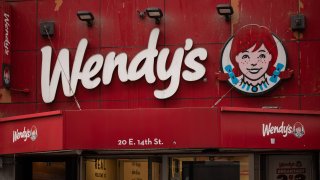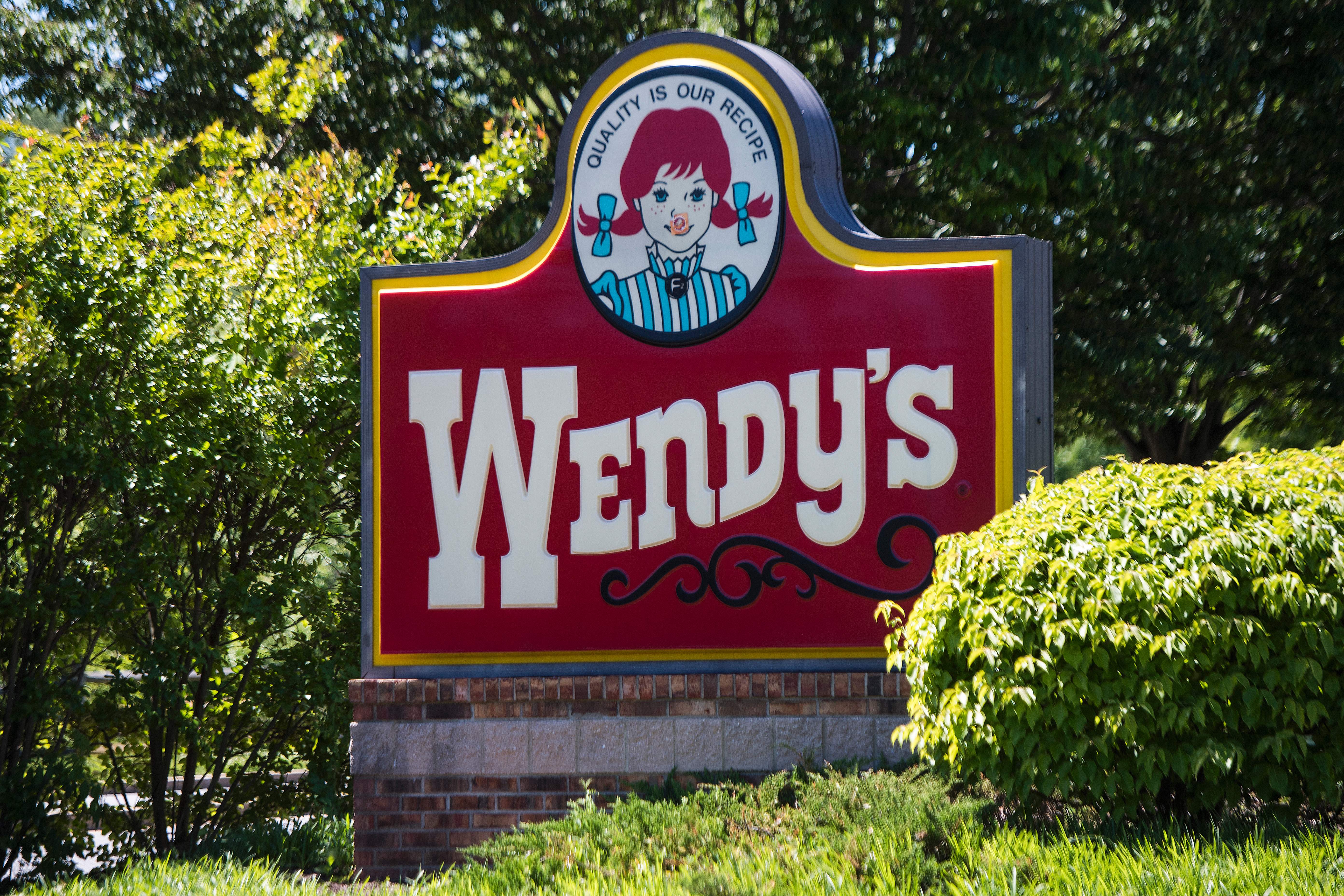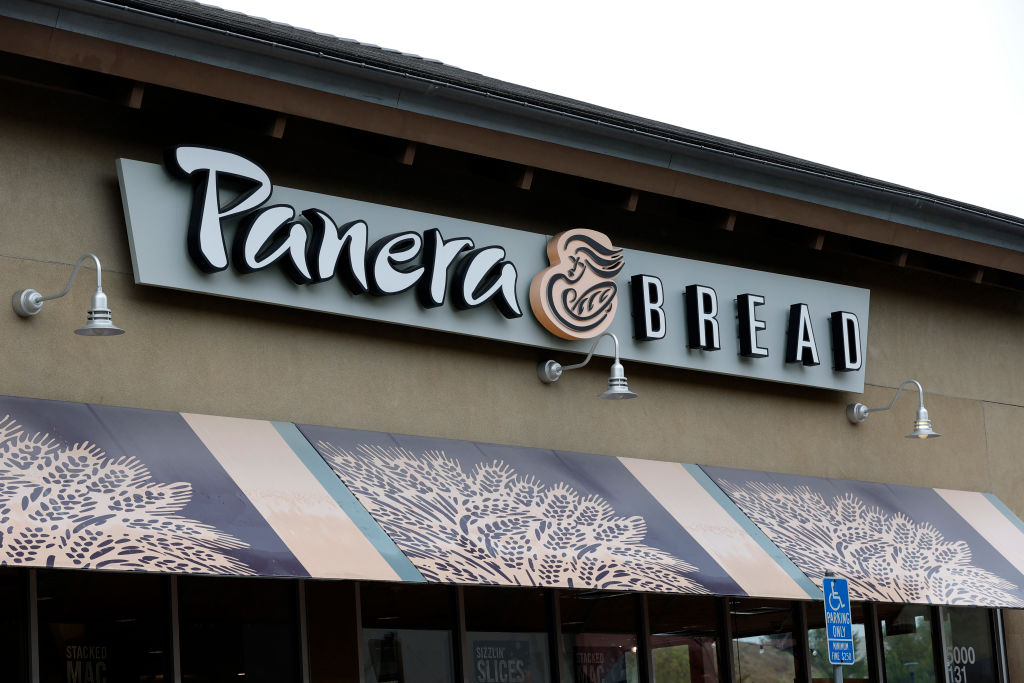
Burgers and fries weren't the only things facing heat at Wendy's this week.
The fast food chain found itself at the center of a controversy following recent comments made by new CEO Kirk Tanner.
During a mid-February conference call, Tanner informed investors and industry analysts of the company's plans to launch digital menus at all of its U.S. company-run restaurants by the end of 2025. Tanner said Wendy's would begin testing "more enhanced features like dynamic pricing and daypart offerings, along with AI-enabled menu changes and suggestive selling," starting as early as next year.
Companies like Uber have used dynamic pricing, or surge pricing, to moderate use by customers during the busiest days of the year, or when drivers or cars are in short supply during the day. Prices rise and fall with demand using that business model.
Feeling out of the loop? We'll catch you up on the Chicago news you need to know. Sign up for the weekly Chicago Catch-Up newsletter here.
But fast food consumers weren't exactly thrilled when they learned the model was potentially coming to Wendy's.
Burger King even capitalized on the backlash its rival chain was getting online by announcing a "No urge to surge" promotion, where customers can get a free Whopper or Impossible Whopper with a purchase of $3. The promotion runs through Friday at participating locations and orders must be made on the BK App or BK.com.
AriZona Iced Tea, meanwhile, reminded everyone that their beverages have been the same price for decades.
Wendy's has responded to the backlash by clarifying Tanner's "dynamic pricing" comments.
In a statement released by the company Wednesday, Wendy's specified that they have "no plans" to raise prices when demand is the highest at their restaurants, adding that any features they may test out "would be designed to benefit our customers and restaurant crew members."
"We said these (digital) menu boards would give us more flexibility to change the display of featured items," the statement read. "This was misconstrued in some media reports as an intent to raise prices when demand is highest at our restaurants. We have no plans to do that and would not raise prices when our customers are visiting us most.
"Any features we may test in the future would be designed to benefit our customers and restaurant crew members. Digital menu boards could allow us to change the menu offerings at different times of day and offer discounts and value offers to our customers more easily, particularly in the slower times of day."
The Associated Press contributed to this story.



